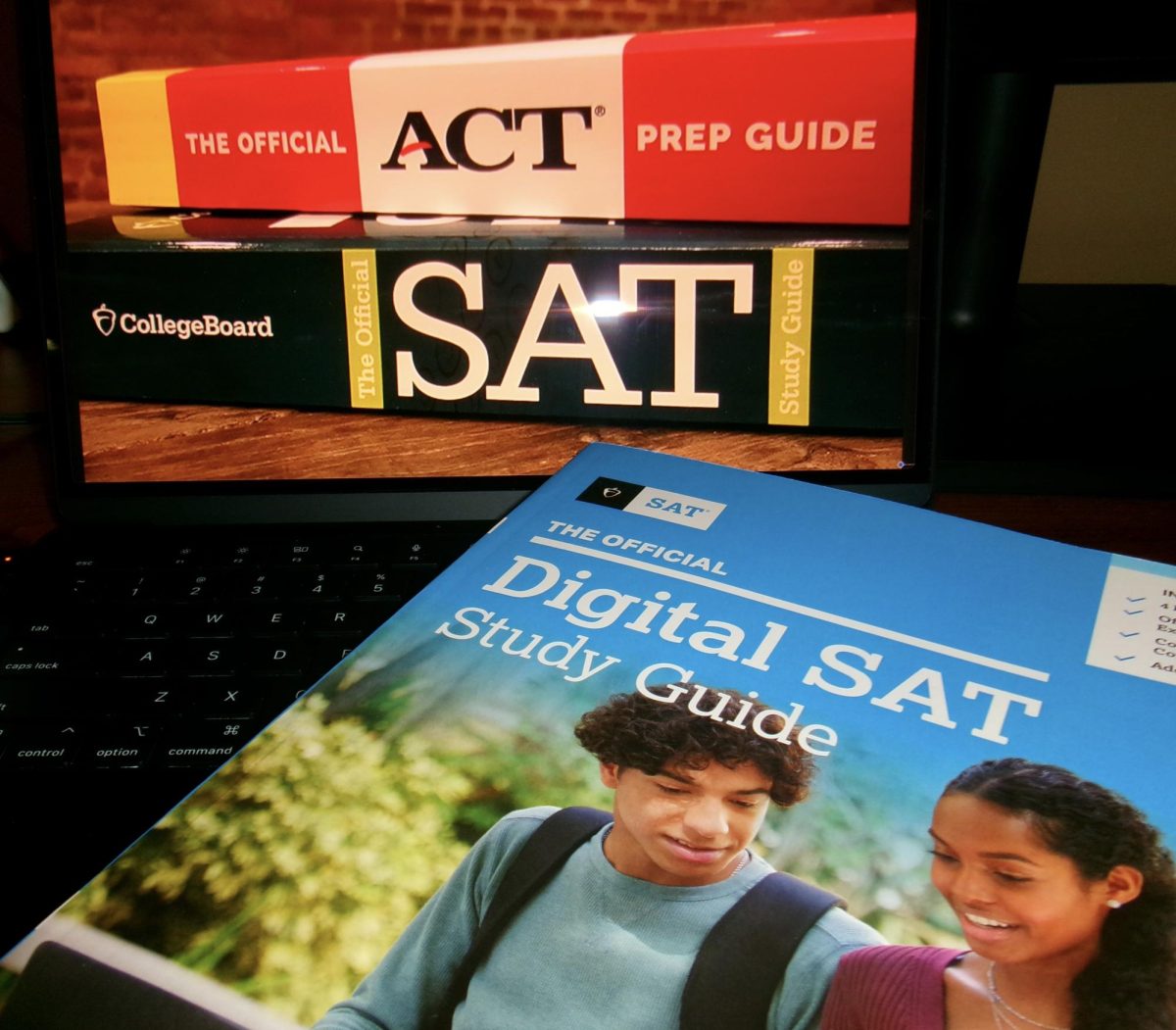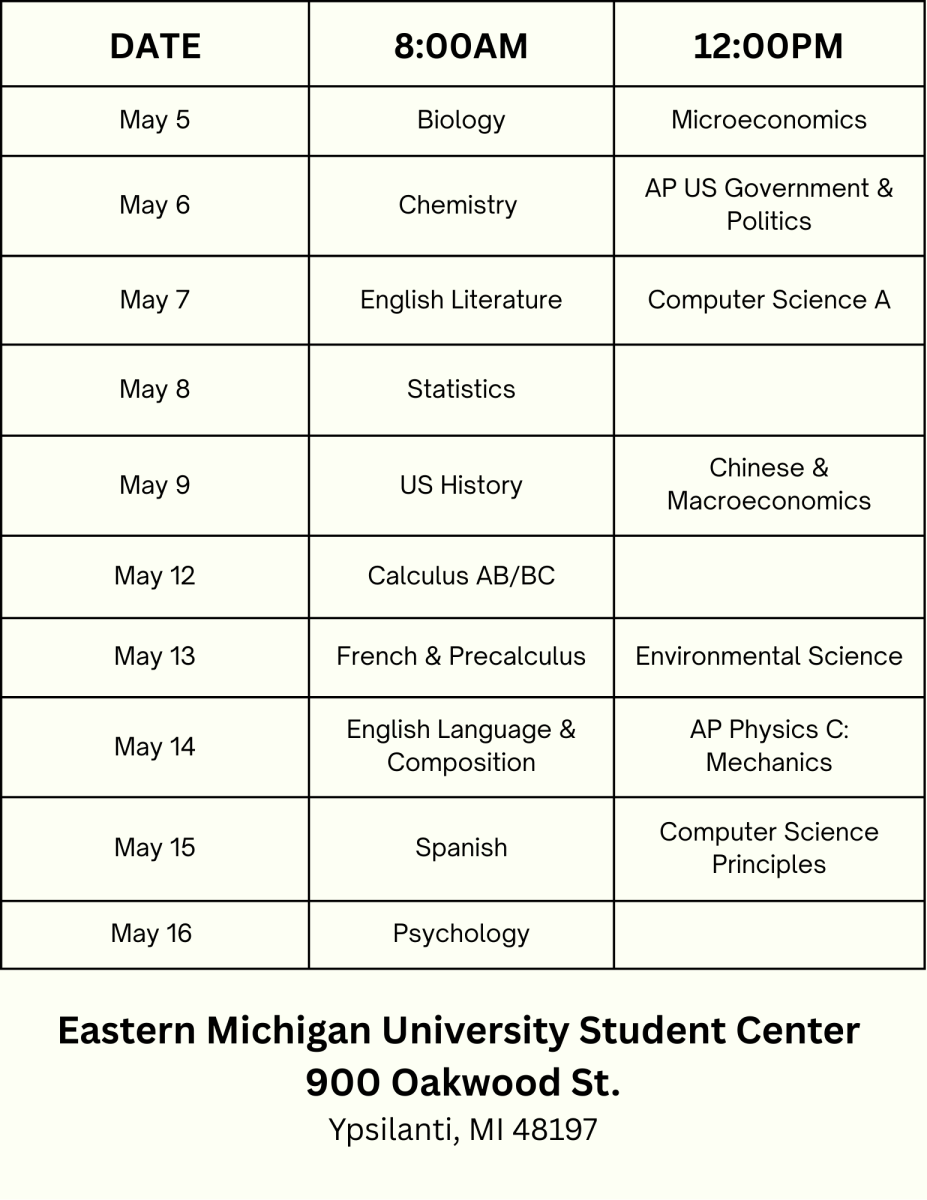While writing my common app essay, I went through a narrow range of emotions: mostly hatred and annoyance, in all honesty. It seems very hypocritical and tedious for a website with the mission of “pursuit of access, equality, and integrity in the college admission process” to be so dang stressful. This time-consuming and highly regarded application determines so many different branches of my future: profession, mindset, friends, family—basically everything.
Getting through the process was a must if I intended to pursue a higher education. The essay seemed so monumental. Writing an essay of 500 words isn’t difficult at all. The difficulty comes in trying to fit 18 years of your life into one page. To think that such a huge pivot point in my life depends on a gaggle of admission officers locking in a binary choice based on this limited archive of information shoved into 650 words is so dumb.
Reflecting while I write this blurb, I am realizing that the common app really did make the application process simpler. Overlaps would be covered, repetitive questionnaires circumvented, and user-friendly directions for submitting information and payments provided.
This does not take away from the emotional journey, as every essay is bombarded with edits, painfully critiquing your whole being as “too simple” or “overcomplicated.” Every single reviewer had a different opinion on my work: like a murder of orthodontists fixing a set of teeth, each doctor having their own version of what is aesthetically pleasing and forcing their ideals onto the teeth.
_______________________________________________________________________
My College Essay: The Value of Time
At seven, most of my friends had dreams of superpowers. Some wanted to run as fast as light. Others wanted to break through walls. Me? I wanted to control time. I wanted to be able to concentrate hard enough to extend one second to the length of a minute. Sadly, I realized too soon that time could not be changed solely by clenching my eyes shut. It was an anchor, the x-axis, an independent variable. However, this obsession with the meaning and value of time had already become a constant in my life.
Like most children, I struggled against being confined to my room and subject to parental parameters. I wanted to grow up faster, to when my life would be mine. My rigid 8 pm bedtime meant that I would wake up early. Scolded for being loud, I had to figure out what to do for the four hours until the household was running. Daily, my clock seemed to bend time and space to make agonizingly early mornings drag out. My options were limited to thinking, reading, and knitting (that one from my Steiner school foundations).
“If only I could control time,” I would think. Lying spread-eagled in my bed, I would contemplate this idea that would send me racing through various scenarios. There would be no flaw in my soccer game, as I would have a reset button for any errors. I would have unlimited time and numbers of attempts to explore every option imaginable.
Older people would pinch my cheeks, stretching them out as if my face were Play-Doh.
“I wish I were young like you,” they would say, wistfully.
I was bewildered. For I was thinking the exact opposite.
“If only I were older.”
I carried this idea of controlling time into middle school, where the standards ramped up seemingly with no warning. The workload, which I knew would only increase in the years to come, seemed insurmountable. In my fleeting moments, I would scrunch my eyes and imagine myself as lord of time. Speeding up through monotonous lessons where it seemed the same concept was being repetitively taught. Slowing down when I found myself overwhelmed and unable to make the best decisions.
This desire to change time most often happened in soccer games, where I had to do a million things at once: consider whom to pass to, keep the ball moving up the field, wait for my defenders’ feet to flatten on the ground, all while searching for a way the ball could thread into their net. Similarly, while playing a particularly fast cello piece, my fingers would dance over the strings, but never fast enough.
These musings through my youth about time have continued to dominate my thinking. Now, however, I am at a different place. It took 17 years and the discovery of a relevant quotation to bring me to a new understanding.
“All we have to decide is what to do with the time that is given us,” J.R.R. Tolkien wrote. Indeed, I had formerly fretted as if time were something I could change. The harsh reality is that I cannot. There are factors I can control, however, such as effort, self-discipline, and attitude, the very moral pillars that have been imparted to me by many caring mentors over the years.
By upholding these values, I feel I am not just showing my thanks to them. I am also making this world a better place through every interaction. How I treat lower class men as a senior captain on my Crew team. How I encourage my peers when they have a rough day on the river. I treasure the amount of time I have, which is seemingly limited, but if used thoughtfully and with compassion, can also be vast. I will never be able to control time, but I can value and utilize it wisely. This too, is a superpower.
I was so extremely sour writing my essay, even when it was for my betterment. I realized I really shouldn’t be mad at the common app but instead, happy that I got through it. Appreciative of the admins that took the time out of their day to assess my statistics. Grateful for all the advice that I was able to receive from mentors, who had my best intentions in mind. Excited for the next part of my life.
As Ted Lasso once said “I think we should all be goldfish” – forgetting the downsides of the past that do not matter anymore and instead looking, to the positive future ahead, full of opportunity.








